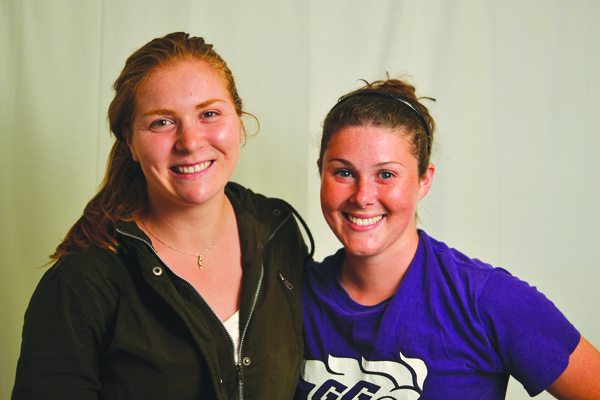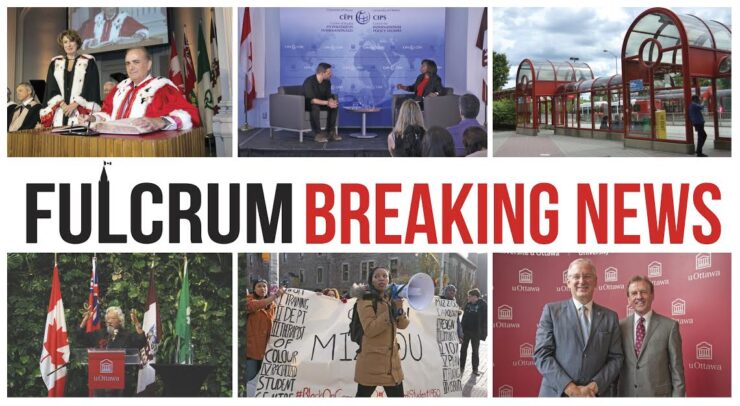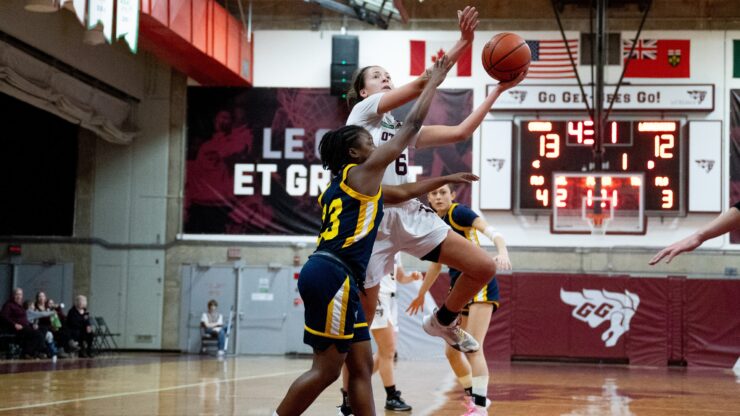Players say more funding and recognition will help the hit it out of the park
Photo by Marta KierkusThe women’s fastball club has struck out on national playoffs this year, not because they didn’t make the cut—but because they can’t afford it.
“We’re supposed to be going to Calgary for nationals because we qualified, but we can’t go because the school refuses to give us any money for it,” says pitcher Jean Cardona. “A big thing would just be recognition.”
Cardona, a psychology student at the University of Ottawa, is one of many on the team who are crossing their fingers for more support, and soon. The club is constantly looking for more players, but the players say few come out to play because they don’t even know about it.
“We just want the school to know about us,” says Cardona. “Not even the students, but the school doesn’t recognize us as a thing.”
She and teammate Bailey Gigloyk, a chemistry student, have been playing their whole lives. They wanted to pursue softball in post-secondary, but weren’t sure where to go.
“I always wanted to do an American school, but it seemed out of the picture because of the cost,” says Gigloyk. “So, I did my research on Canadian schools and I found the University of Ottawa had a team.”
The school’s proximity to home and the team’s supportive coach attracted the ladies to play. But since the team doesn’t receive a lot of funding from the school, it comes with a steep price tag. For the two-month season, each player pays $400 and practices are held at a free-to-use field out in Orleans from 9 to 11 p.m.
“Women’s fastball team fits in to our competitive club structure of which we have 19 teams we support,” says assistant athletic director Colin Timm. “And they have similar access and similar funding to those 19 teams to move forward.”
“The competitive clubs were not set up with a target of performance, they are an opportunity for a competitive nature on campus to allow student athletes to pursue their sports,” he adds.
The team holds an “awareness weekend” each season, when they compete against Carleton. It’s meant to attract new faces to the game and also raise awareness for a community issue such as homelessness, mental health, or LGBTQ issues. This year’s game is set to take place mid October.
“We get shirts that aren’t normally our jerseys, and people will ask us about them, and that’s when we get to say what we are supporting,” says Cardona. “It kind of puts our team out there a little bit.”





